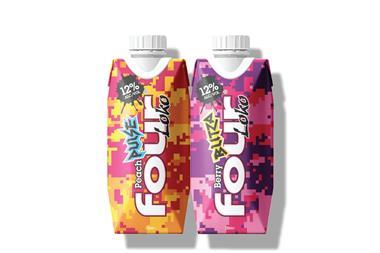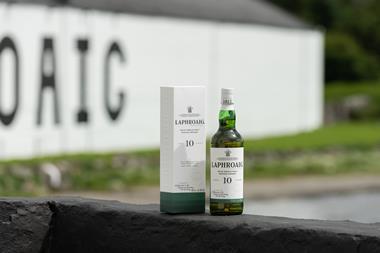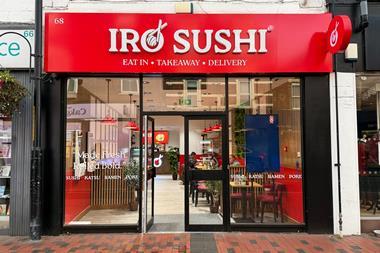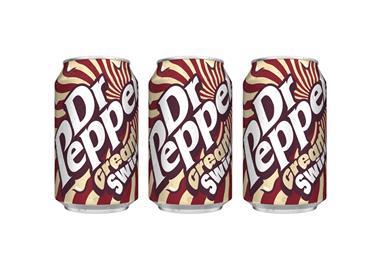The Co-op won more than a few friends this week when it jumped the gun and began to put health warnings on 240 of its own brand wines, spirits and beers.
As the Government debates the voluntary drinks labelling issue with industry bodies, the latest instalment of the Movement's Responsible Retailing initiative was unveiled in a form which we are told could make it unpopular within the corridors of power in Brussels.
But even if, as reported, the decision to display information on wine bottles breaches two EU labelling regulations, this stage of the organisation's largest ethical programme will win valuable points in the consumer confidence league and among younger shoppers in particular.
Not that the move should surprise anyone. Since the nineteenth century pioneering days in Rochdale's dark alleys, the Movement's great and good have pursued trading philosophies which have generally projected that now famous "caring, sharing" theme.
And while, unfortunately, many of their efforts failed to capture the support and success their originators sought, there is a real feeling the ethical theme of the nineties is achieving consumer acceptance levels which will stand the Co-op in good stead in its fight against the loyalty minded multiples.
Its drinks labels have already brought welcoming noises from Alcohol Concern and the Health Education Authority, to name but two, and measurements of shopper reaction in the pre-Christmas period should be encouraging.
Researchers assure us that ethics hold a much larger priority in purchasing decisions than previously believed - a point emphasised at CWS headquarters when the Co-op Bank saw profits rise by more than 50% after it took a high profile stance on ethical investment.
The signs suggest the Movement has further ground to tread along the ethics path. The results, during the run-up to the millennium, may at last make more of its high street competitors sit up and take notice - something those Rochdale pioneers would be proud of.
{{NEWS}}
Close menu
- Home
- Retail & Wholesale
-
Products & Suppliers
- Back to parent navigation item
- Products & Suppliers
-
Product Categories:
- Back to parent navigation item
- Product Categories:
- Alcoholic drinks
- Bakery
- Cereals & breakfast
- Cheese
- Chicken & poultry
- Chocolate
- Confectionery
- Crisps, nuts & snacks
- Dairy
- Fish
- Fresh produce
- Frozen
- Household
- Meat
- Own Label
- Sauces & condiments
- Seasonal
- Soft drinks
- Vaping
- Vegan & plant-based
- World foods
- Suppliers
- People
- Reports & Data
-
Topics A-Z
- Back to parent navigation item
- Topics A-Z
-
Popular topics:
- Back to parent navigation item
- Popular topics:
- Cost of living crisis
- Crime
- Deposit Return Schemes
- Finance
- Government & Regulation
- Health
- Inflation
- Loyalty
- Marketing
- Mergers & Acquisitions
- New Product Development
- Sourcing
- Supply chain
- Sustainability & environment
- Technology
- Ultra Processed Foods
- Vaping
- A-Z all topics
- Content by type:
- Events
- Ask iA (beta)
- Subscribe now
Sign in to comment on this article
Not logged in before? Register for FREE guest access today.
You will be able to:
- Read more stories
- Receive daily newsletters
- Comment on stories
Advert
















No comments yet